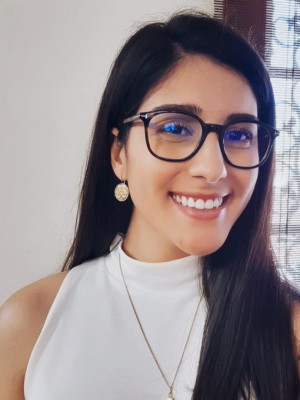abstract
Phenylketonuria (PKU) is a disease of the catabolism of phenylalanine (Phe), caused by an impaired function of the enzyme phenylalanine hydroxylase. Therapeutics is based on the restriction of Phe intake, which mostly requires a modification of the diet. Dietary restrictions can lead to imbalances in specific nutrients, including lipids. In the present study, the plasma phospholipidome of PKU and healthy children (CT) was analyzed by hydrophilic interaction liquid chromatography-tandem mass spectrometry and gas chromatography-mass spectrometry. Using this approach, 187 lipid species belonging to nine different phospholipid classes and three ceramides were identified. Principal component analysis of the lipid species data set showed a distinction between PKU and CT groups. Univariate analysis revealed that 146 species of phospholipids were significantly different between both groups. Lipid species showing significant variation included phosphatidylcholines, containing polyunsaturated fatty acids (PUFA), which were more abundant in PKU. The high level of PUFA-containing lipid species in children with PKU may be related to a diet supplemented with PUFA. This study was the first report comparing the plasma polar lipidome of PKU and healthy children, highlighting that the phospholipidome of PKU children is significantly altered compared to CT. However, further studies with larger cohorts are needed to clarify whether these changes are specific to phenylketonuric children.
keywords
POLYUNSATURATED FATTY-ACIDS; DOCOSAHEXAENOIC ACID; SUPPLEMENTATION; CHOLESTEROL; LIPIDS; N-3; PHENYLALANINE; ADOLESCENTS; INFANTS; ADULTS
subject category
Biochemical Research Methods
authors
Guerra, IMS; Diogo, L; Pinho, M; Melo, T; Domingues, P; Domingues, MR; Moreira, ASP
our authors
Projects
CICECO - Aveiro Institute of Materials (UIDB/50011/2020)
acknowledgements
Thanks are due to the FCT/MCT (Portugal) for the financial support to CICECO.Aveiro Institute of Materials (UIDB/50011/2020 + UIDP/50011/2020), CESAM (UIDB/50017/2020 + UIDP/50017/2020), LAQV-REQUIMTE (UIDB/50006/2020), QOPNA (UID/QUI/00062/2019), and RNEM (LISBOA-01-0145-FEDER-402-022125) through national funds and, where applicable, co-financed by the FEDER, within the PT2020 Partnership Agreement and Compete 2020. Ana Moreira thanks the research contract under the project Coccolitho4BioMat.Coccolithophore microalgae biorefinery: an approach for sustainable biomaterials (POCI-01-0145-FEDER-031032), funded by Centro2020, through FEDER and PT2020.T.M. The authors also thank the research contract under the project Omics4Algae.Lipidomic tools for chemical phenotyping, traceability, and valorization of seaweeds from aquaculture as a sustainable source of high added-value compounds (POCI-01-0145-FEDER-030962), funded by Centro2020, through FEDER and PT2020.



